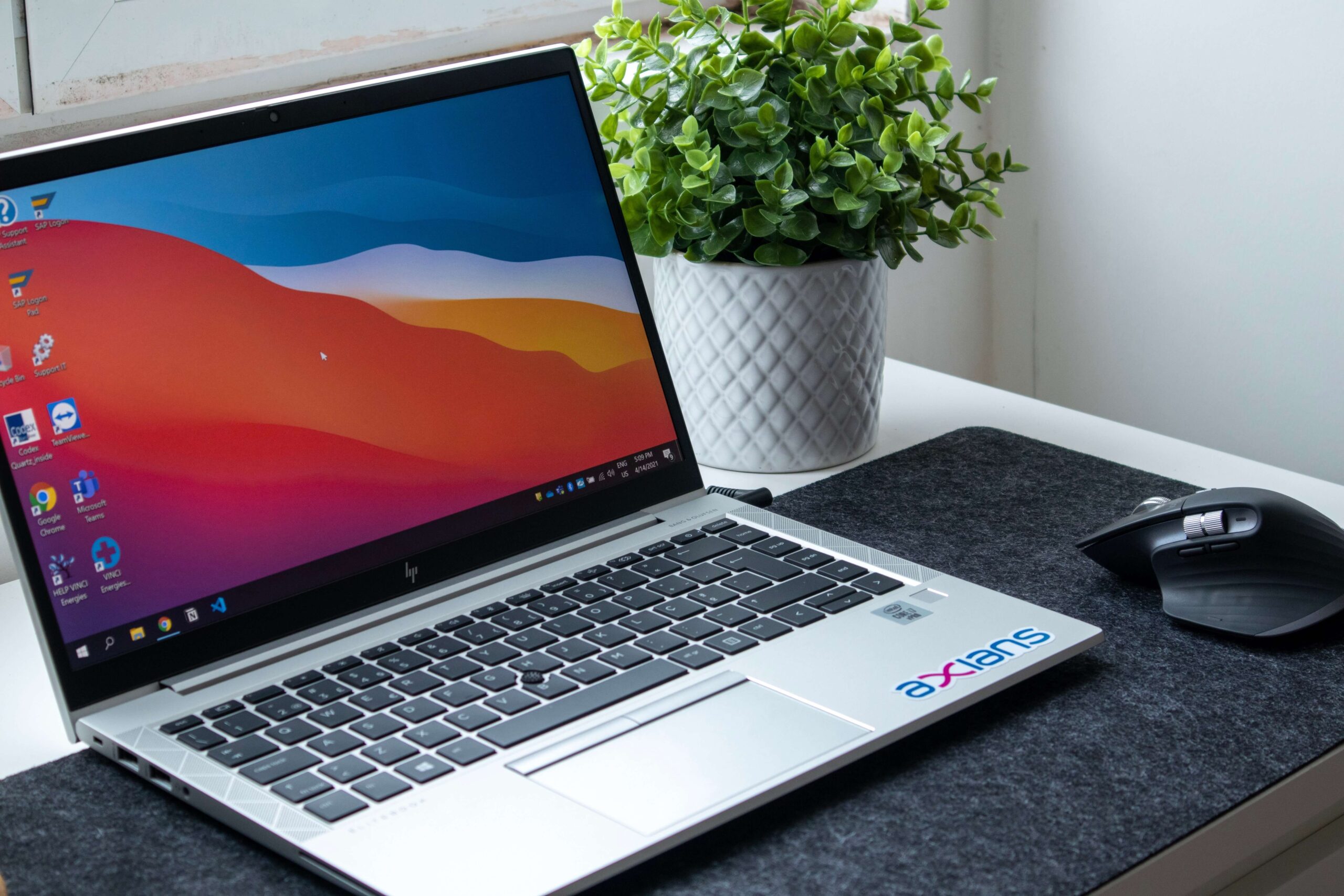The Truth About Buying Windows Laptops in 2023!

I admit it, this article may ruffle a few feathers, but let me explain….
I’ve been working with Windows machines for a very long time, ever since I can remember and I’m not really pointing my fingers at Microsoft with this article, I have a separate article for that.
I mean I love the fact that they decided to bring in changes to Windows 11 and that they are still experimenting with things to make the system even better for a wide range of uses.
But here’s the thing, there definitely seems to be a drop in quality in laptops that are designed for Windows and it’s not really Microsoft’s fault, it’s the fault of some manufacturers.
That’s why I decided to share my opinion from the point of view of an IT engineer…
Bloatware and strange setups
Over the years, I’ve seen laptop manufacturers do some strange things to their laptops, from bad designs to poorly set up laptops, I’ve seen it all!
Don’t even get me started on Windows tablets, and I’m not talking about Microsoft Surface Tablets here. Over the years, I’ve dealt with many budget Windows tablets that on the outside look impressive, but on the inside were a nightmare to deal with. But that’s a story for another day.
Bloatware and Unwanted Software
This is something I tend to see very often, manufacturers installing unnecessary software on your machines.
I mean, let’s not get too negative here, because some of it can actually be pretty useful. For instance, over the years, I’ve seen manufacturers include cloud storage trials as well as productive software trials. These can be useful to get you going. That’s why I’m a huge believer in seeing what they have to offer before removing it.
I’ve also seen software that when you click the icon, you get taken to a website where you need to enter your bank details, I often find this with antivirus software and they shouldn’t do this, they should at least offer you to try the product beforehand!
In many cases, laptops just come preinstalled with tons of software that you don’t actually need and can slow down the performance of your laptop, especially if it’s a basic, low-spec machine.
One example of a program that I couldn’t stand was the HP Support Assistant, which was slow and always disturbed you with popups.
Strange setups
On top of that, some manufacturers choose to do strange things to their laptop setups, for instance, the Huawei MateBook D15 I’m using to write this article came with the hard disk being formatted into two partitions, there was one for Windows and one for data.
To be truthfully honest, I’m not entirely against that idea because it creates a separate space for your data and system files, so if you end up reinstalling Windows, at least you have access to your data.
But that isn’t always a good idea especially if the Windows partition is very small and you’re installing software that takes up a lot of storage space such as games. Personally, I would leave it as one partition.
One of the strangest setups I’ve seen was a 120GB NVMe Solid State Drive (SSD) for the system, followed by a 500GB traditional hard drive for the storage. Interesting choice! This happened to be a friend’s laptop who was complaining that it was slow, so I took out the basic SSD and hard drive and put in a 1TB NVMe inside instead and the laptop was so much faster!
To be fair, thinking about it, there could have been an issue with the SSD which by the way, was a very basic one, but at least it fixed the slow laptop!
Laptops are Becoming Less Upgradable!
This is one of the saddest things about modern-day laptops, they are becoming less and less upgradable. When I buy a laptop, I expect it to at least have some level of upgradability. I mean I want to futureproof myself, by being able to upgrade the storage and memory.
But the truth of the matter is that I’m seeing more and more laptop manufacturers decide to integrate RAM into the motherboard, and the worse part is that they don’t tend to always list that on the product specs turning it into a bit of a lottery.
When I was looking for a new laptop last year, it was difficult to find a laptop that listed whether it was upgradable or not, so I decided to bite the bullet and go with the Huawei MateBook D15 (Which by the way is a great laptop). Sadly, I only found out that the memory is not upgradable after opening the laptop.
The problem becomes worse when you read the hardware requirements of newer versions of Windows as well as some software packages. I mean, in an ideal world when I buy a laptop, I would expect it to last me at least 5 years, but sadly that’s just not the case these days.
I mean the system requirements are already high for Windows 11, and I’m guessing that they will be even higher on Windows 12.
In all fairness, you can just do your research to make sure your laptop is upgradable or buy a higher-spec model, but I feel like you shouldn’t have to do that, especially if you are already spending vast sums of your hard-earned cash on the laptop in the first place.
Quality Isn’t Always There!
One of the biggest issues with buying laptops these days is that the majority of your choice will always be online. That creates an issue because you have to rely on pictures and feedback, which doesn’t always have to be accurate.
That’s why one of my biggest tips before buying a laptop is to find a brick-and-mortar store that sells the laptop you’re thinking of buying and have a go on it for yourself. See how comfortable it feels to type on, see if the trackpad is comfortable, does the laptop feel cheap, does it perform well and so on.
It will honestly save you a headache in the future. I would go as far as comparing buying a laptop without seeing it to buying an old house without going inside to see the condition of the house and what work needs to be done.
In terms of using laptops for the long term, I’ve seen some very poor laptop designs, from trackpad ribbon cables being too short and snapping, to poor-quality casing. I mean I once purchased a laptop that literally disintegrated in my hand after using it for around 6-months!
First, the hinge covers broke, and then the screen casing became loose and it got to a point where the screen had to be prompted up by something to stay open. The worse part is that the laptop didn’t even have a tough life, it was just used at home and at college.
Final Thoughts
When it comes to buying laptops, it can honestly be a lottery from time to time, that’s why I recommend doing your research and most importantly of all finding a shop where you can test and have a play around with the laptop. I can’t stress this enough!
This article may sound like a huge rant, but it’s how I feel about modern-day laptops and how I’ve experienced them.
With all this being said, it doesn’t mean that modern-day laptops are bad, the point of this article is to make you aware of some of the issues might laptops have. I mean, I’m extremely satisfied with my Huawei MateBook D15, even though I can’t upgrade the RAM. It’s a shame, but the laptop still performs exceptionally well with only 8GB of memory!
At the end of the day, there are 3 things I would recommend doing when in the market for a new Windows-based laptop, these are:
- Visit a store to have a feel for the quality of the laptop and a play to see how it performs
- Futureproof yourself, with higher specs. especially if you are spending a lot!
- Don’t go by brand. All laptop manufacturers have had poor and really good models, that’s why it is worth checking reviews, especially the long-term ones!
On top of that, I wouldn’t worry too much about bloatware and strange configurations as they can easily be changed and corrected by either uninstalling it or installing a clean copy of Windows, and there are tons of guides on YouTube showing you how to do it.
Whilst you’re here, checkout my review of the Huawei MateBook D15:
